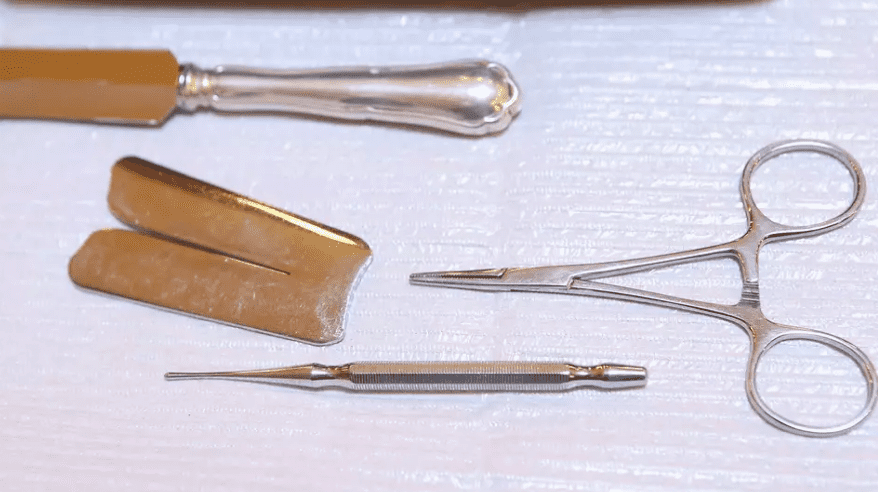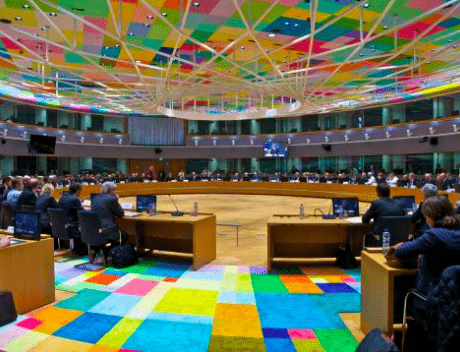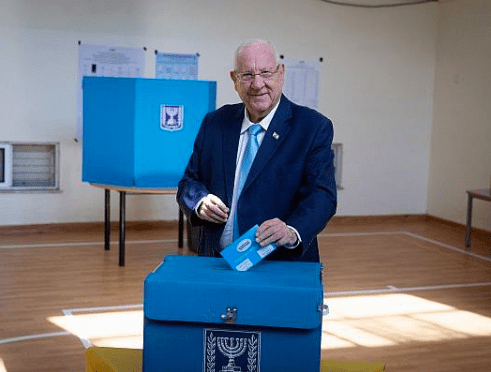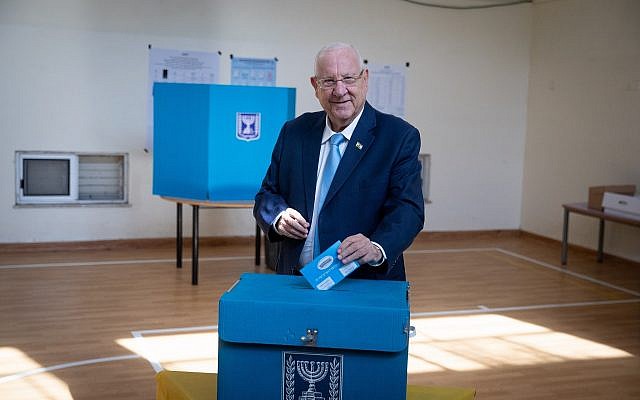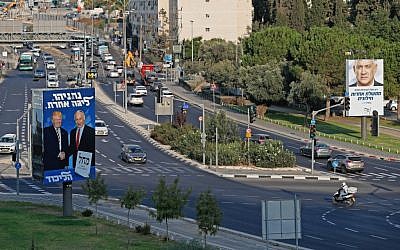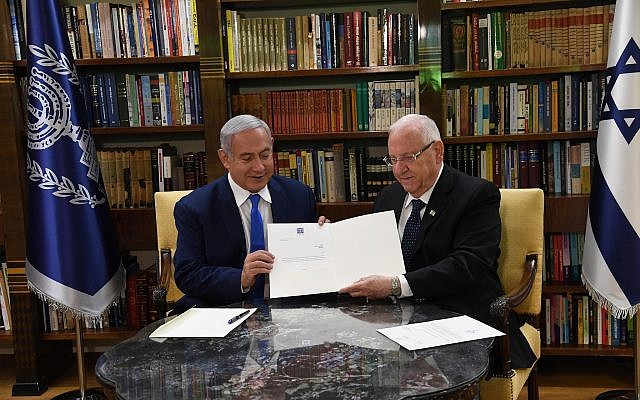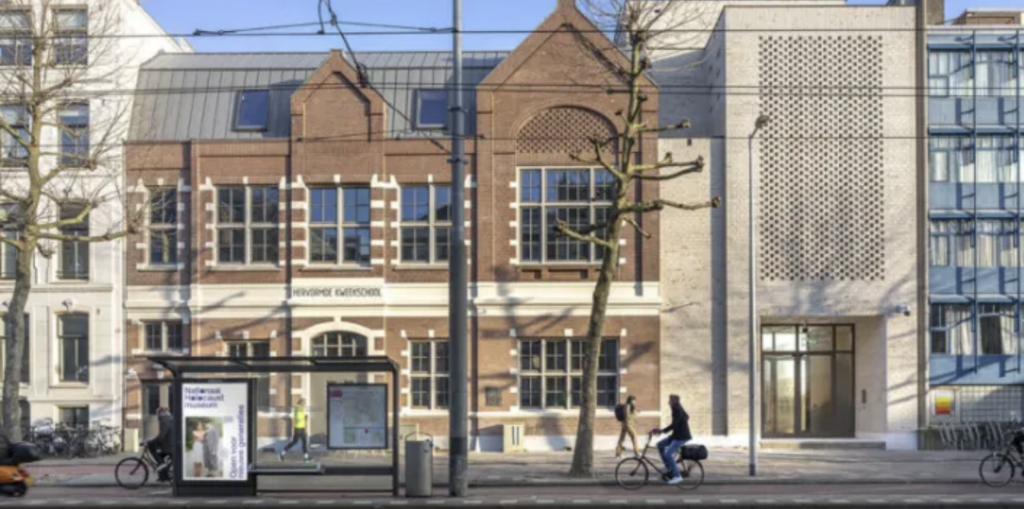There is too much emphasis on the parents’ religious and cultural rights’
The Danish parliament is to consider whether to become the first country to ban boys being circumcised after a petition forced lawmakers to debate the issue.
A citizens’ petition that called for the introduction of a minimum age of 18 for circumcision to protect “children’s fundamental rights” reached 50,000 signatories on Friday, taking it beyond the threshold at which it must be discussed in Parliament.
The debate should take place in the autumn, after the Danish parliament reconvenes, but it is highly unlikely that the bill will pass into law since the government appears to be opposed to such a course.
“We’d be all alone and the first country in the world to go in that direction. That’s our objective analysis,” foreign minister Anders Samuelsen told Altinget.
“It makes us vulnerable and it means that the allies who normally help us in a precarious situation, will, in this situation, not be by our side.”
The defence minister, Claus Hjort Frederiksen, also appeared unenthusiastic.
“I think the political risk is enormous,” he told reporters, going on to cite fears that the issue could provoke outside interference: “One may risk that it suddenly begins to explode on social media.”
Other parliamentarians, however, were in favour of a ban.
“It will put children’s rights ahead of their parents’ religious rights,” said Naser Khader, the spokesman on human rights and legal affairs for the Conservative Party, a junior partner in the governing coalition.
“There is too much emphasis on the parents’ religious and cultural rights,” Khader said.
“For me, it is the main children’s rights [which are paramount]. We have been a pioneer country in many other areas, for example, we have been first movers of homosexuals’ rights and we have been proud. Not [with] children’s rights,” he added.
Proponents of boyhood circumcision say that the removal of the foreskin can reduce the risk of fatal diseases like cancer, but the claims are contested.
However, its prevalence is largely due to religious traditions within Islam and Judaism that revolve around the ideal of cleanliness.
The American Academy of Pediatrics says the health benefits of male circumcision outweigh the risks but not by enough to recommend universal male circumcision.
The US Centers for Disease Control and Prevention says doctors should educate infant boys’ parents about the health benefits of circumcision, which it says reduces the transmission of sexually transmitted diseases, including HIV.
Lena Nyhus of the group Intact Denmark told The Associated Press on Saturday that her children’s welfare organisation believes “we need to respect a person’s right to decide for themselves” on a possible circumcision when they become an adult.
Around 30 per cent of men across the world have been circumcised, according to a 2007 World Health Organization report.
A recent poll commissioned by Danish TV2 broadcaster found that 83 per cent of respondents supported such an age limit on circumcising boys.
However, the proposal is unlikely to pass since none of Denmark’s main political parties support it.
Earlier this year, Icelandic lawmakers initially backed a plan to ban circumcisions for minors and to give those who performed the procedure possible jail sentences. But after an outpouring of criticism, including from European Jewish leaders, the proposal was dropped.
The article was published in the Independent


